India– Unity in Strength and Diversity
Assets are the starting point for livelihood analysis, the basic building blocks upon which households are able to generate their means of survival. Five types of capital households may possess in the sustainable livelihood framework, namely; natural capital, human capital, physical capital, financial capital and social capital.
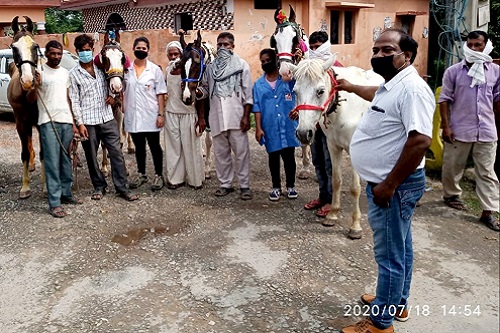
Livestock systems occupy 45 percent of the global surface area and are a significant global asset with a value of at least US$1.4 trillion. Globally, livestock industries are also a significant source of livelihoods. They are organized in long market chains that employ at least 1.3 billion people globally and directly support the livelihoods of 600 million poor smallholder men and women in the developing world. Keeping livestock is an important risk reduction strategy for vulnerable communities, as animals can act as insurance in times of need. At the same time, they are important providers of nutrients and traction for growing crops in smallholder systems. Livestock are also an important source of nourishment. Livestock products provide 17 percent of the global kilocalorie consumption and 33 percent of protein consumption globally.
It is evident that livestock enable saving, provide security, allow resource-poor households (and women, who typically cannot own land) to accumulate assets. The keeping of livestock also helps finance planned expenditures as well as unplanned events such as illness.
Livestock Against Risk and Vulnerability
The intensification and concentration of the livestock industry over the last decades is threatening to crowd out the poor. Successfully protecting the smallholders therefore, depends to a large extent on the level and success of pro-poor policies, institutions and technologies focused on poverty alleviation. Mitigating the negative effects and enhancing the positive effects of livestock intensification, and to enhance sustainability, the following factors have become crucial: environmental impact, markets, food safety and institutional arrangements.
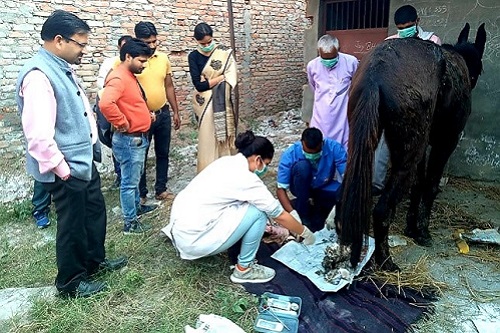
Policies and Institutions
Farmers and public, private and community-based organizations in developing communities need support in strengthening their capacities to face the demands of evolving opportunities and challenges. Areas that need policy support include:
- Delivery of Veterinary Services;
- Provision of Credit;
- Delivery and uptake pathways of technologies;
- Improvement of market infrastructure;
- Strengthening the capacity of livestock keepers and communities to adapt to shocks and change; and
- Mitigation of the negative impacts and increase in the positive impacts on the environment.
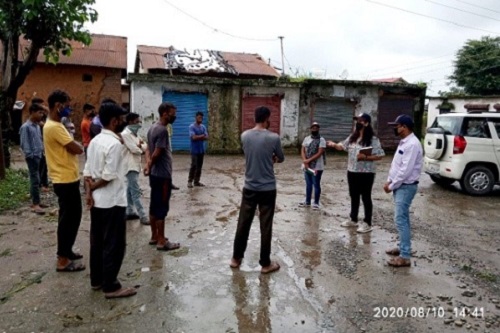
World Health Organization on 30th January, 2020 declared the current novel corona virus outbreak as a Public Health Emergency of International Concern (PHEIC). According to WHO, “all countries should be prepared for containment, including active surveillance, early detection, isolation and case management, contact tracing and prevention of onward spread of SARS-CoV-2 infection.
It is necessary to ensure continuous emergency services in the animal husbandry and veterinary sector, especially in emergent animal health situations. These may include, but are not restricted to, emergency services like disease diagnosis and treatment, monitoring of any emergency livestock and poultry diseases, immediate disease reporting, etc. Accordingly, it is requested that veterinary hospitals and dispensaries in the state, including private veterinary clinics, veterinary pathologies, animal shelters etc. function in the normal course and the veterinary services be considered in the list of ‘Essential Services’.
Veterinarians and related officials should ensure strict personal hygiene and avoid public gathering (Government of lndia Ministry of Fisheries, Animal Husbandry & Dairying Department of Animal Husbandry and Dairying).
Guiding Principles
- SITUATION AWARENESS at all levels (global, national and sub-national) for risk assessment for allowing informed and timely decision making.
- INTER-SECTORAL COORDINATION at all levels.
- ADHERENCE TO CORE CAPACITIES for disease preparedness and response: Surveillance; Laboratory Diagnosis; Hospital Preparedness; Logistic Management; Capacity Building; Risk Communication.
- Although the need, scale and extent of each will increase exponentially as per evolving scenario
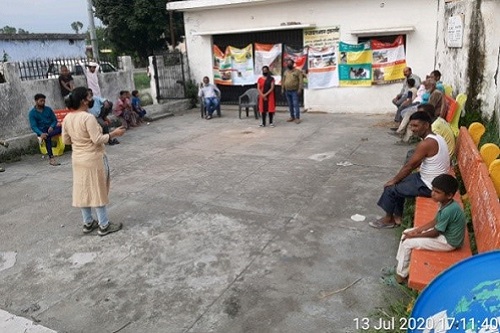
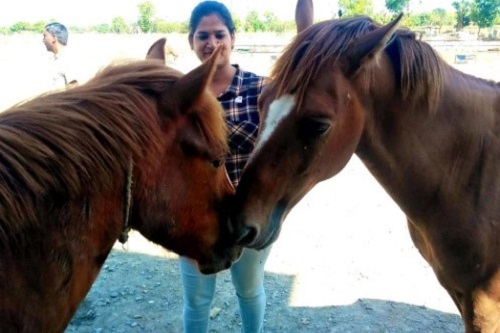
Animal Husbandry Department: Roles and Responsibilities
Animal Husbandry and Dairying Department, is the nodal department for all actions to be taken for prevention of Corona virus outbreak in animals and livestock’s. Covid testing kits were not sufficient in number even for humans and compared to humans neglecting animals for general/mass tests and diagnosis was putting them to risk. As a matter of abundant precaution it was necessary to have a system to provide care to the animals as their owners are on home isolation and they are not expected to come out of their homes and remain in isolation. Thus, following are the duties of real heroes, the life savers.
- The Deputy Director, Animal Husbandry & Dairying Department in all districts of the State identify animals in the Corona virus isolated households, if any, especially pet animals like dogs and cats, other animals like cows, buffalo etc. quarantine these animals at the site itself till the period of isolation for the family members ends.
- Ensure isolation/ separation of sick and healthy animals and prepare for arrangements for keeping, feeding and watering of animals suffering from contagious diseases.
- Ensure separate transportation of animals suffering from contagious diseases /Corona Virus.
- Ensure proper disinfection of space, vehicle and manpower involved in transportation of sick/ infected and dead animal from contagious diseases.
- Ensure fully functional mobile veterinary unit at disposal.
- Identify space for burial of animals and ensure proper disposal of dead animals.
- Identify volunteers and other resources for feeding fodder and water to the quarantined animals along with the local self Government institutions.
- Veterinary surgeon/VLDA at the Gram Panchayat level shall also monitor the health of animals.
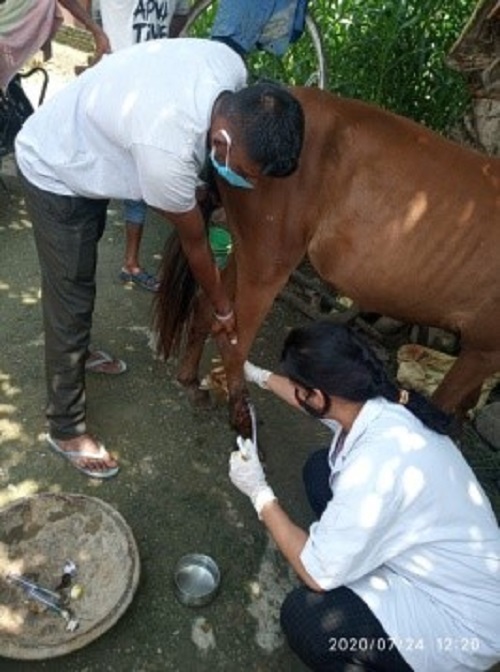
- People caring for pets/domestic/farm animals should observe personal hygiene.
- Unusual signs and symptoms or death in pets/domestic/farm animals should be reported to the concerned Veterinary authorities.
- Awareness to farmers and other stakeholders should be imparted by the Animal Husbandry & Dairying Department.
- Through animal surveillance mechanism improve monitoring mechanisms in live animal markets, locations with migratory birds/wild birds and slaughter houses which may offer a unique opportunity for viruses to spill over from domestic/wild animals into the human population.
- Cleanliness and disinfection shall be ensured in all the veterinary care centers/hospitals. Adequate arrangements for the same shall be made.
- The Deputy Director, Animal Husbandry & Dairying Department in all districts of the State shall coordinate these activities and report to the Deputy Commissioners on daily basis and take further steps as per the need to ensure providing support and care to animals.
- Applying for passes to serve the livestock at field – the veterinarians took permission for their mobilization during the pandemic, also they filled forms of other helper paravets for primary care visit.
- Pass issued by CVO for transport and supply of animal and poultry feed in the districts.
- Sharing of only authenticated/official information pertaining to the COVID 19 pandemic. Spreading media/messages through the safeguarding lens before posting.
- Registering the village people in Aarogya Setu app to fight against COVID 19.
- Conducting online webinar classes (zoom, google meet) to psychologically train the audience to fight the pandemic.
- Regular calls to animal owners, pashu sakhi, ashwamitras, service providers, animal health providers.
- As most of the animal owners are financially weak, they were helped by providing ration and other basic household commodities when the areas were either in lockdown phase or were sealed due to spread of corona infection.
- Care and compassion for animals during the lockdown phase. Sanitization of the area with the help of municipal corporation and ward members.
- Quarantine of animals that were found with respiratory symptoms.
- Guiding the animal owners in video calling to use first aid kit so that early relief could be provided.
- Awareness about govt. schemes in covid phase.
- Animal owners shifted their work to mask making, selling sanitizers
- Organise awareness generation programs.
- These programs should focus on do’s and don’ts for Coronavirus focusing on simple public health measures of hand and respiratory hygiene.
- Prepare for large scale movement of food grains, their transportation, expeditious unloading, proper storage and prompt distribution through fair price shops, if required.
- Ensure availability of adequate food grains storage in godowns in view of the scarcity or emergency period.
- Ensure distribution of IEC material to community for awareness generation.
- Publicize the information in the interest of public awareness through booklets, pamphlets, radio, television, film shows, newspapers, documentary films, door to door campaign, meetings, etc.
- Organize trainings and capacity building programmes for medics and paramedics in the State.
- Involve medical education and research institutions in COVID-19 preparation.
- Health department will be the nodal department and will prepare the protocols for COVID19 diagnosis and treatment, surveillance, epidemiological investigation, management of close contacts, and laboratory testing and relevant surveillance activities and epidemiological investigations etc.
- Prepare psychological and psychosocial care teams.
- Ensure availability of adequate space with suitable facilities for storage of medicines.
- Prepare a database of private hospitals and nursing homes with services and facilities available.
- To coordinate with Army, Air-force, ITBP, BSF or any other hospitals in the district.
- To ensure that there is no escalation of prices of essential commodities in the district/containment area.
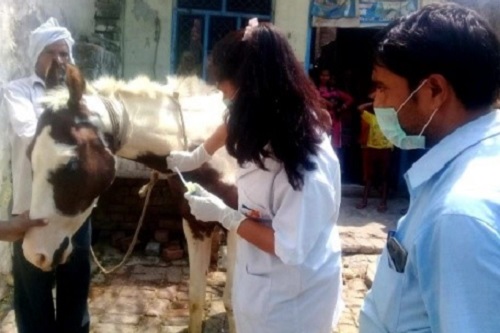
I thank all the veterinarians, animal care takers and the valued animal lovers who have gone beyond the normal to meet the challenges presented by COVID 19 and the associated lockdown in service of the animals and their communities.
Let’s Lighten up a Little More.
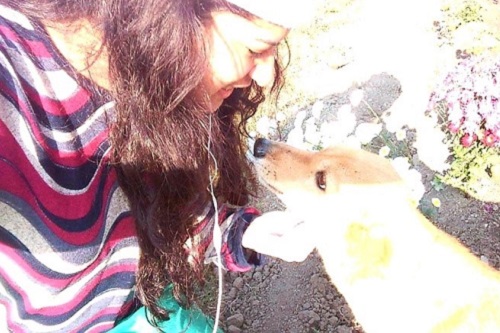
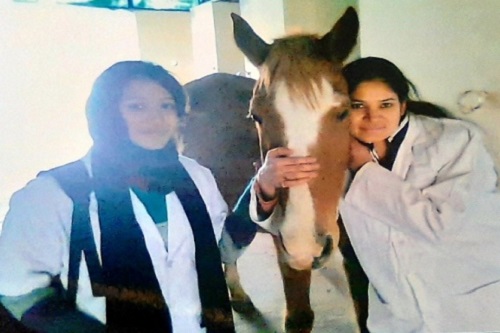


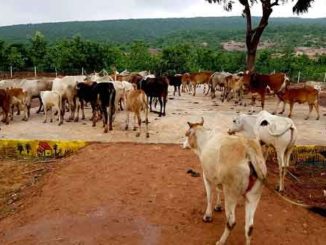
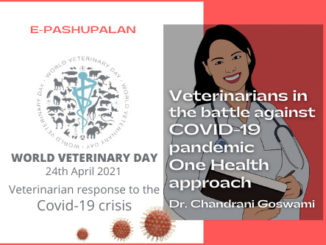
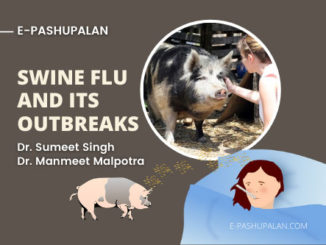

Be the first to comment